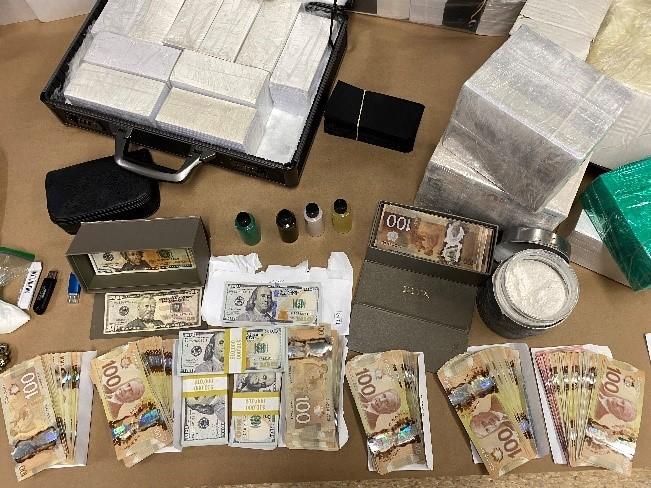Toronto police are warning of a scam involving fake money following the arrest of a man suspected of perpetrating the scam.
It’s known as the “black money scam” or “wash wash scam.” Police say scammers present victims with large quantities of banknote-sized black or white pieces of paper that they tell the victims are real currency concealed by dye that can be washed away using a solution, according to a Toronto Police Service (TPS) news release written by Con. Laura Brabant and issued on Dec. 29.





